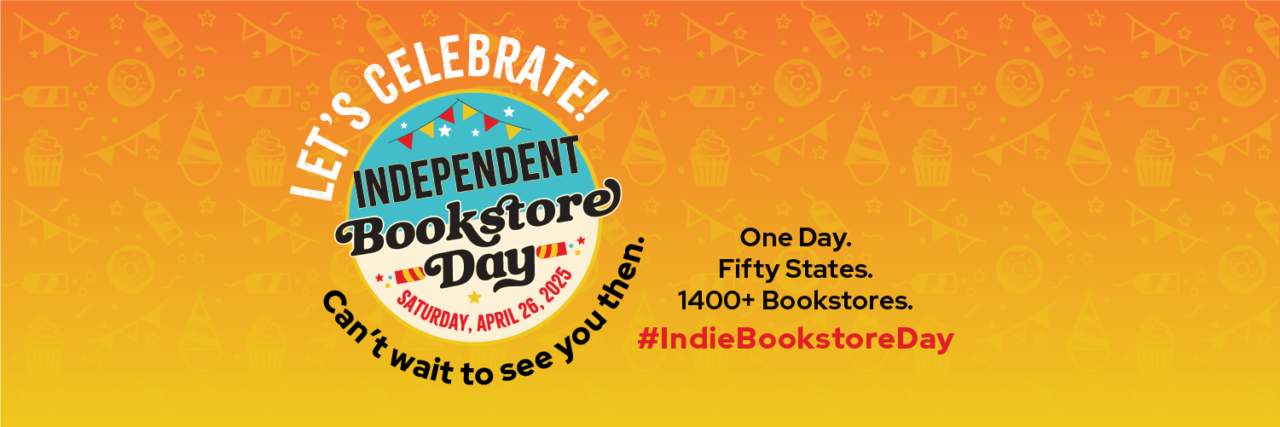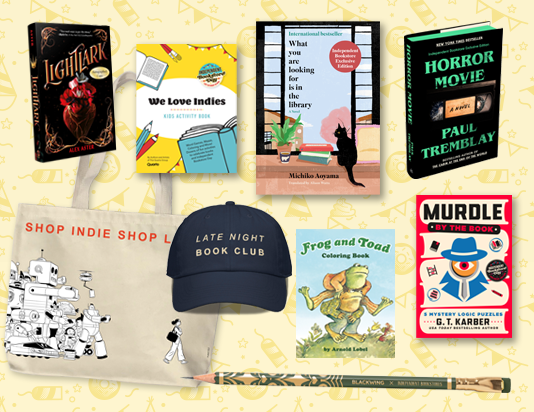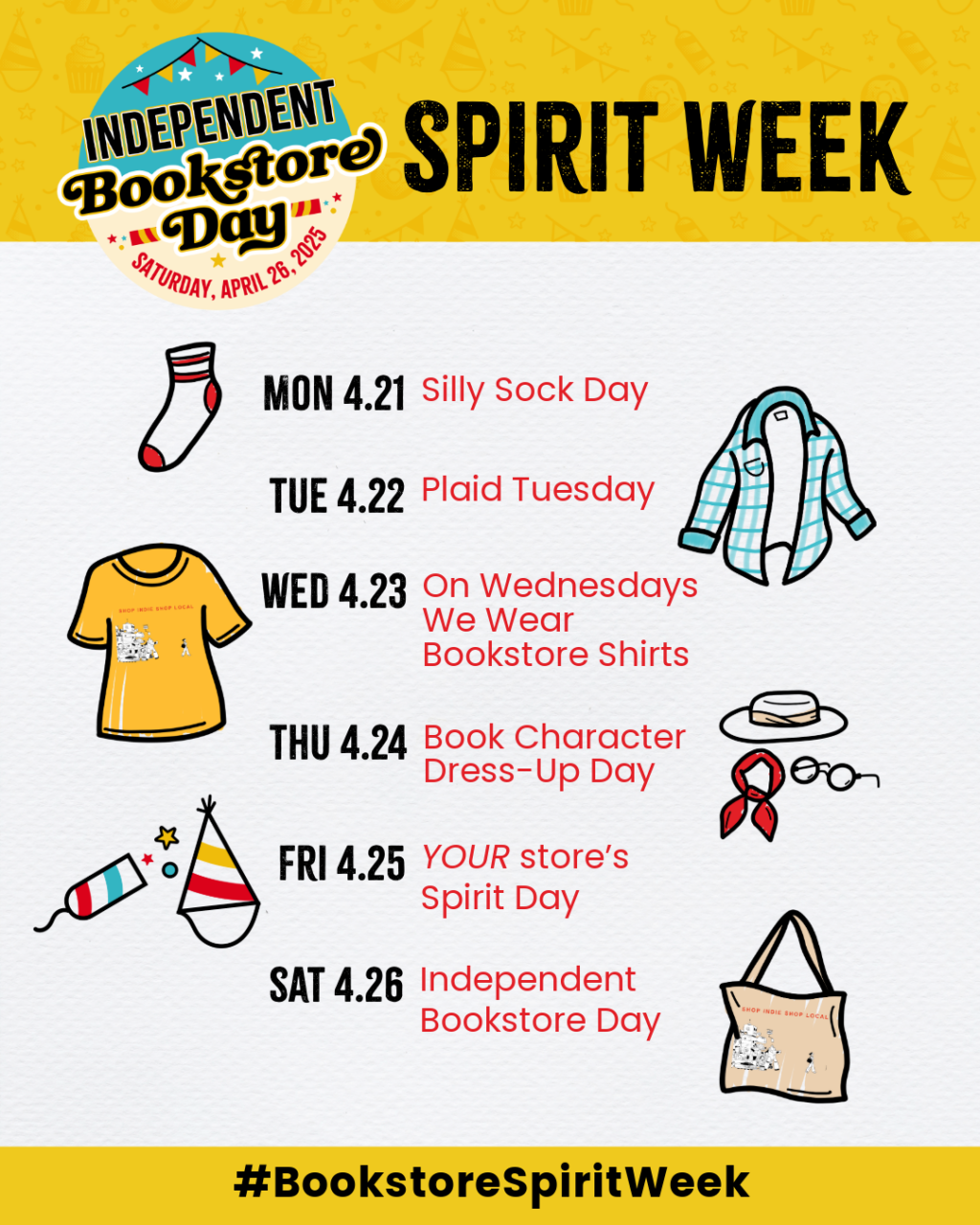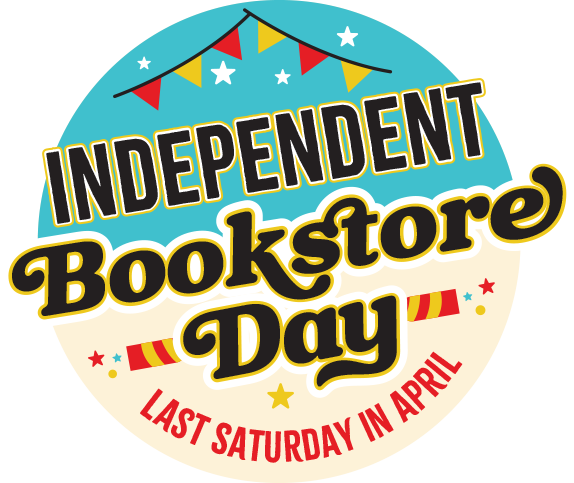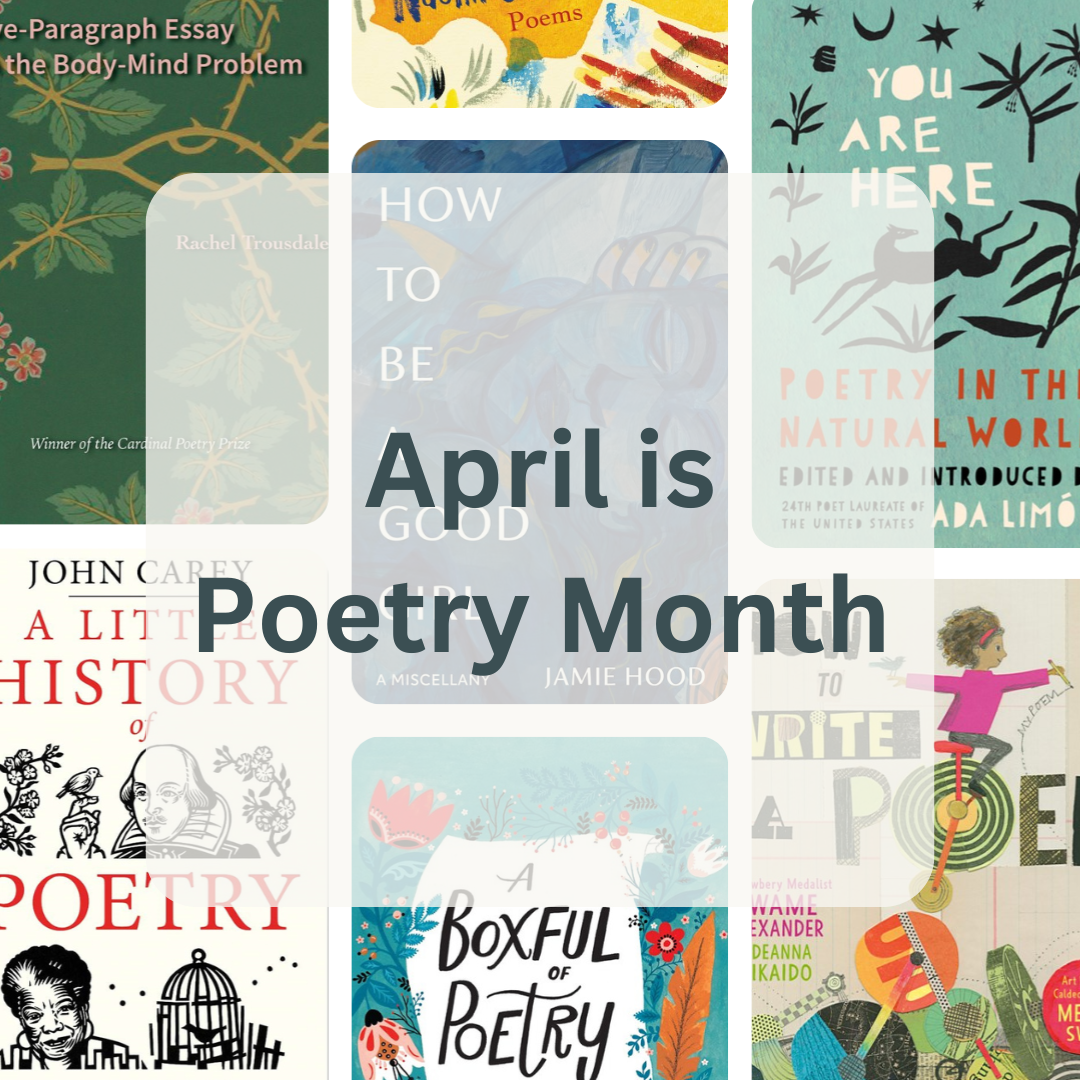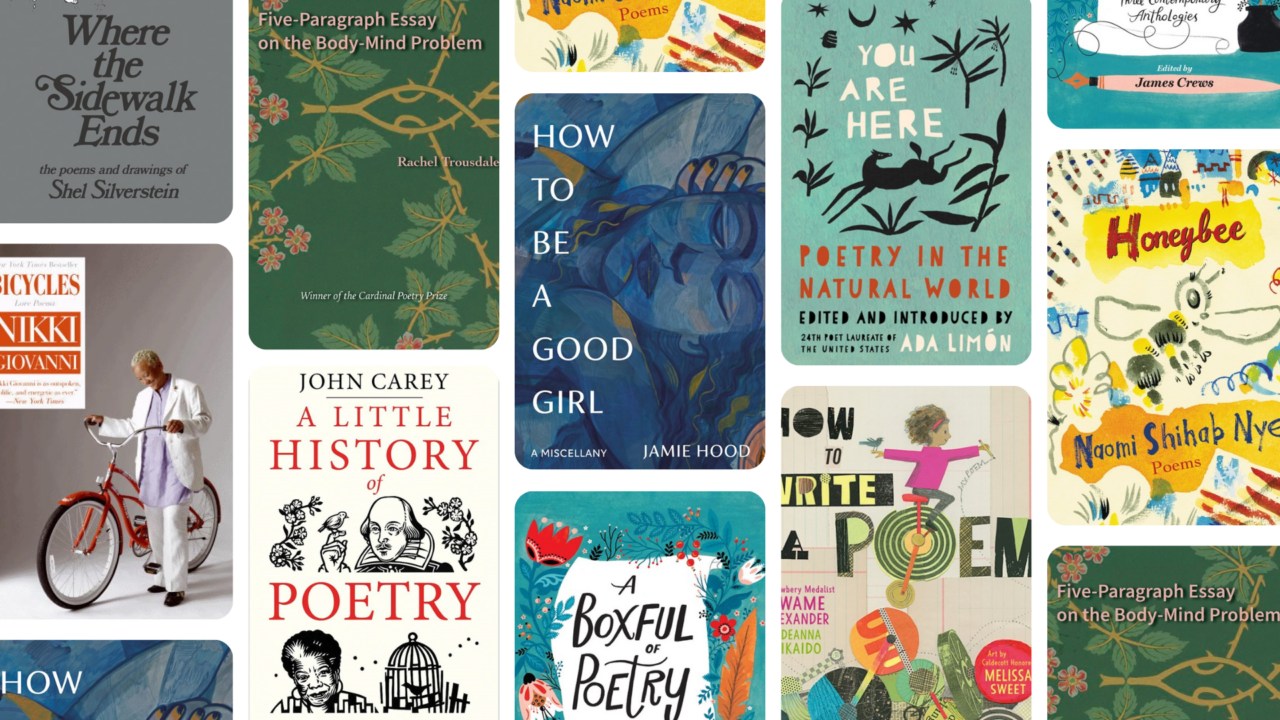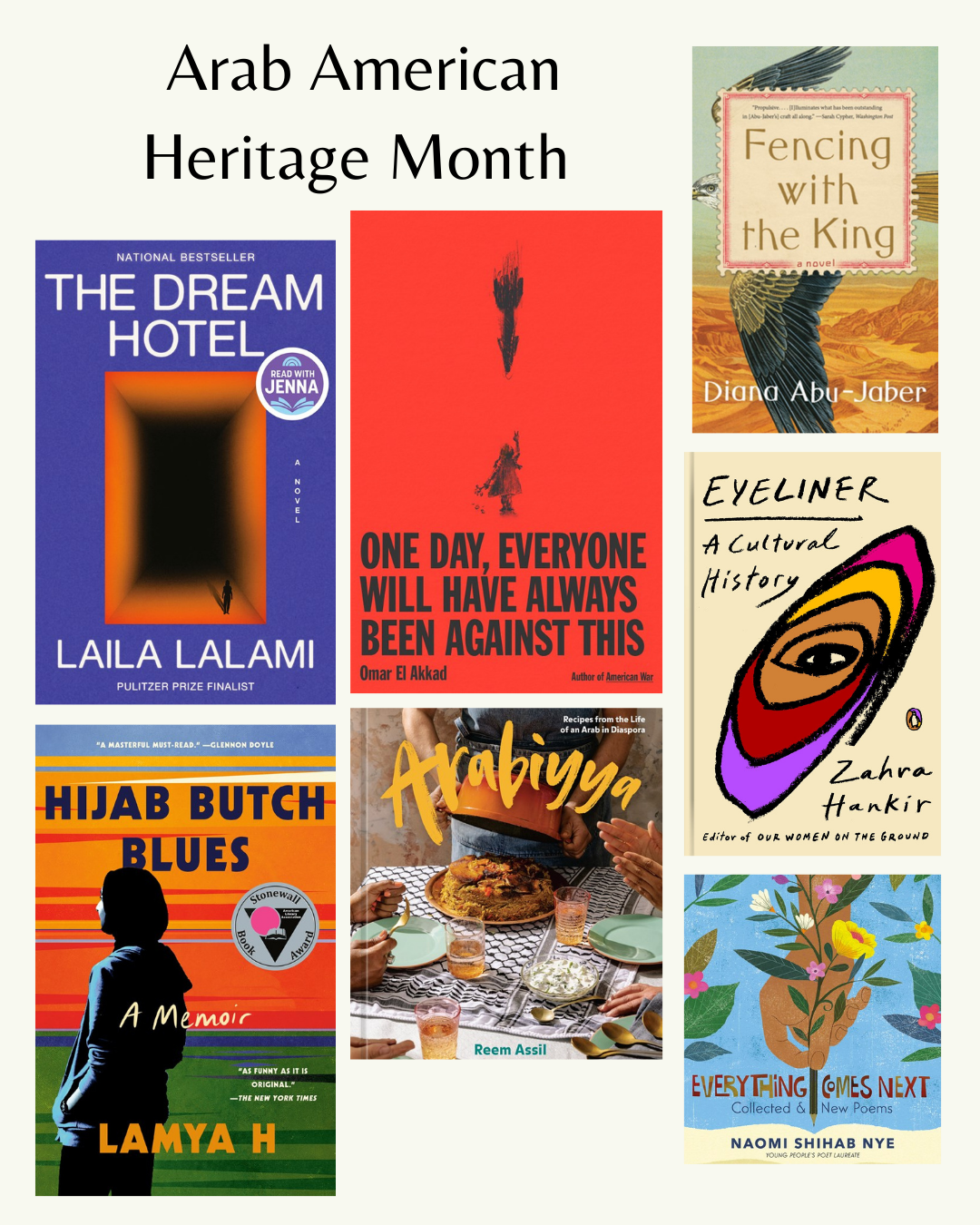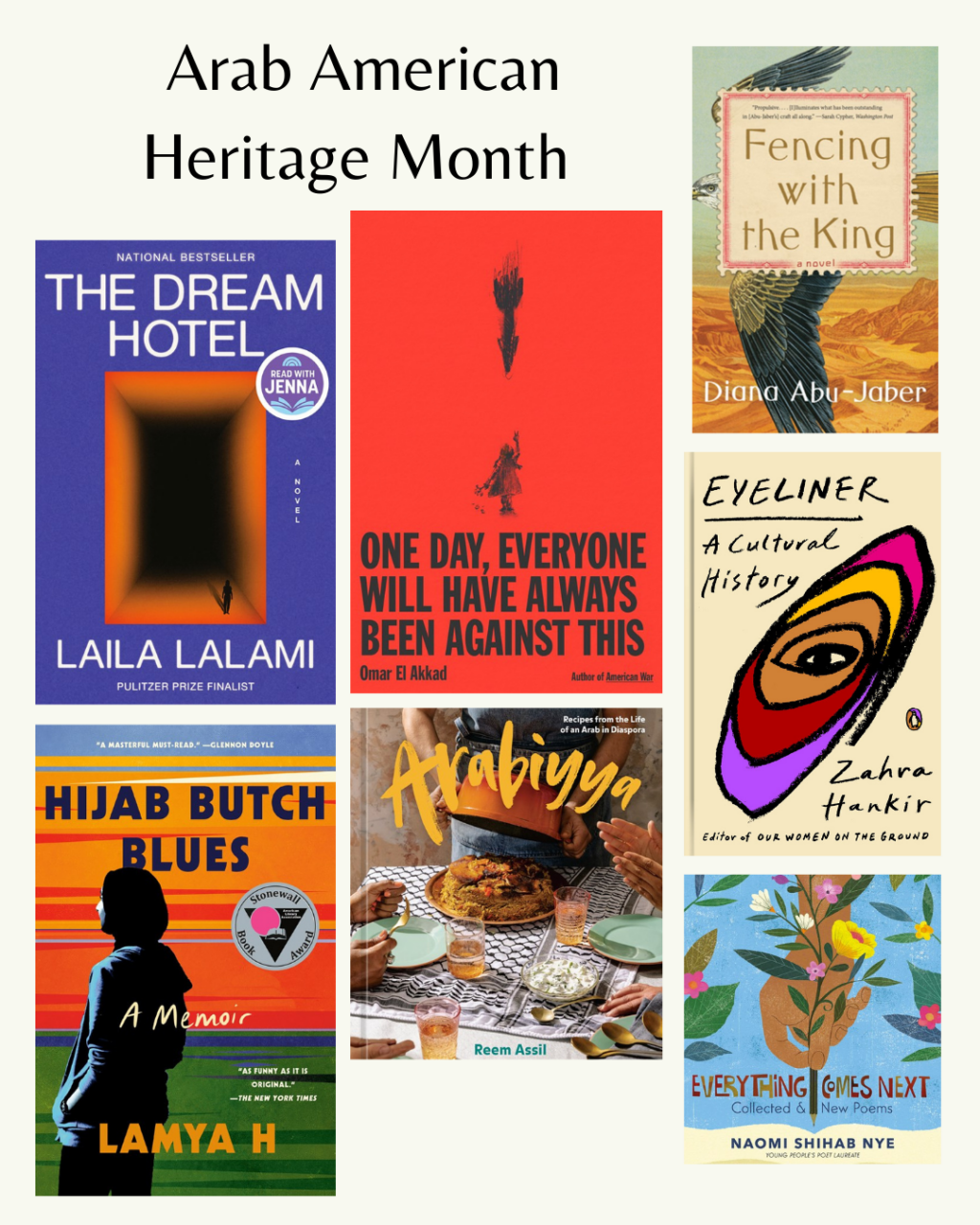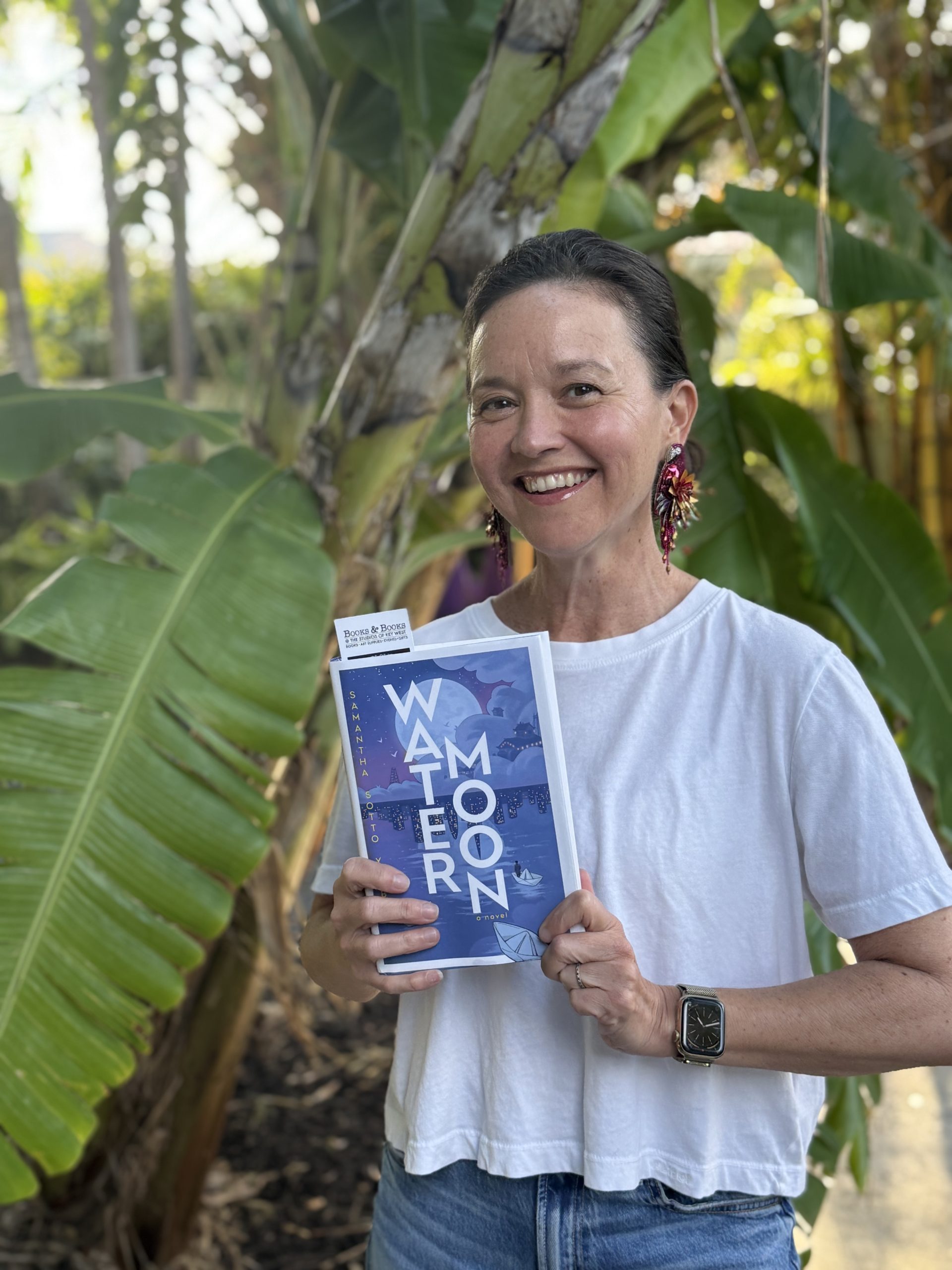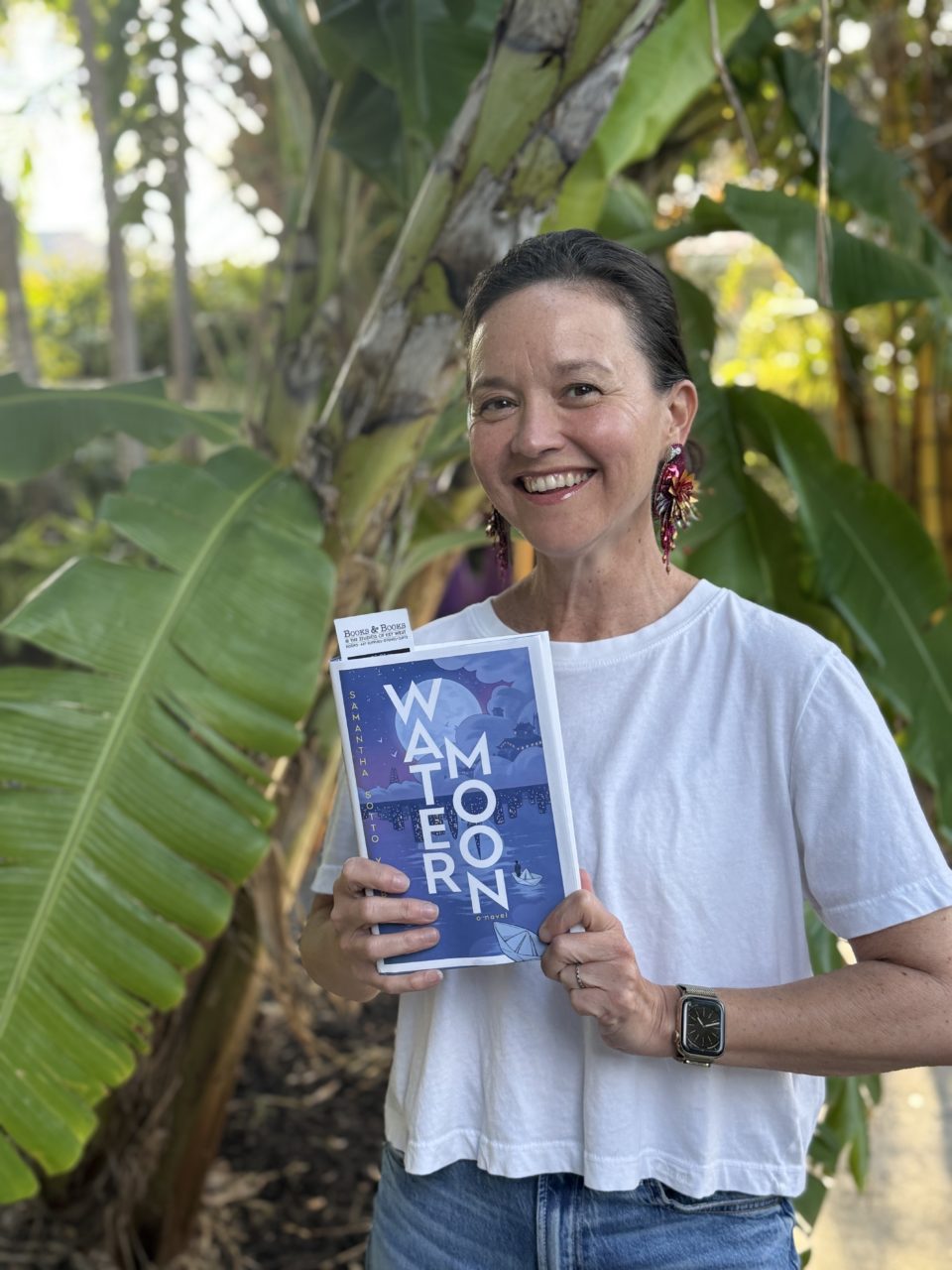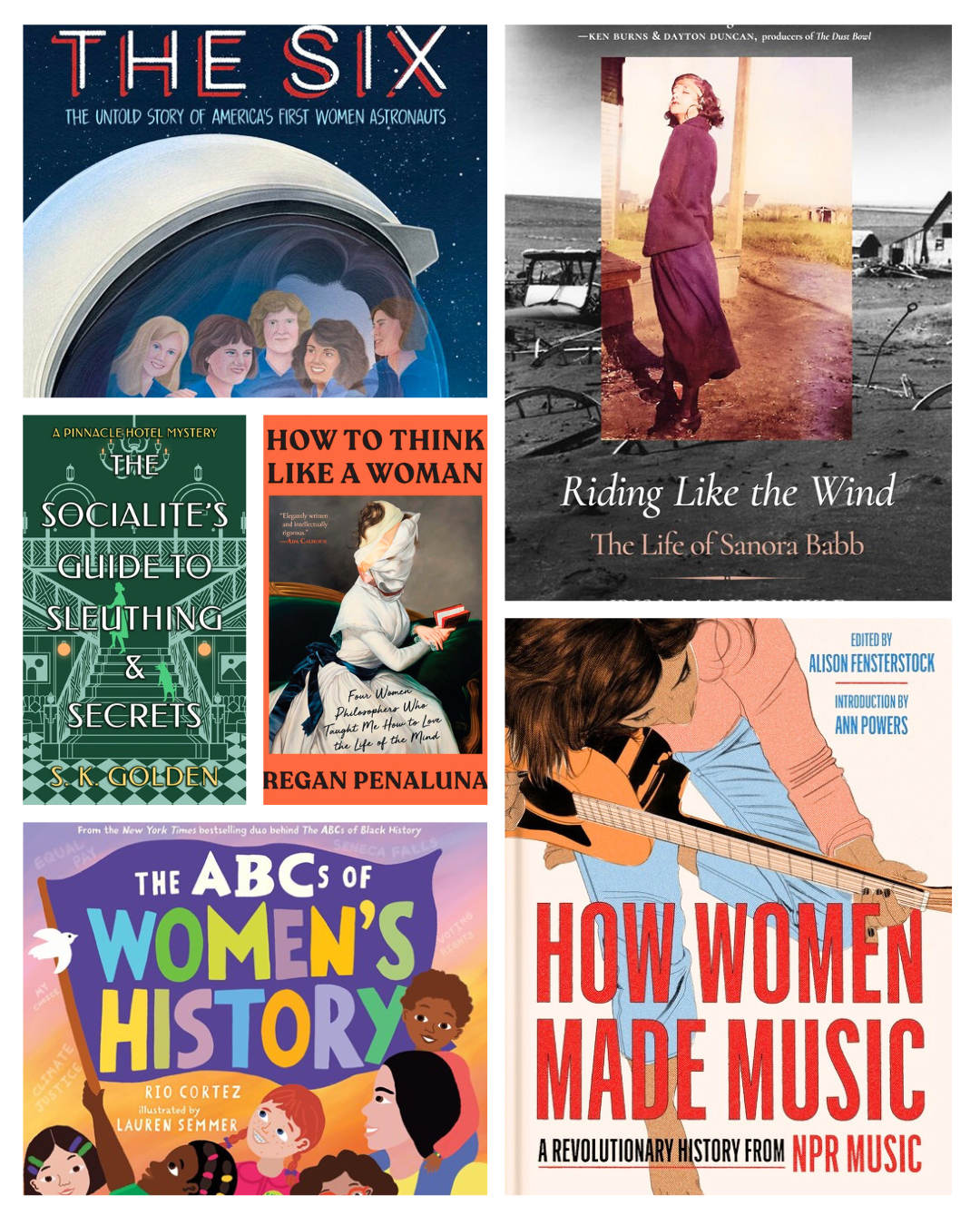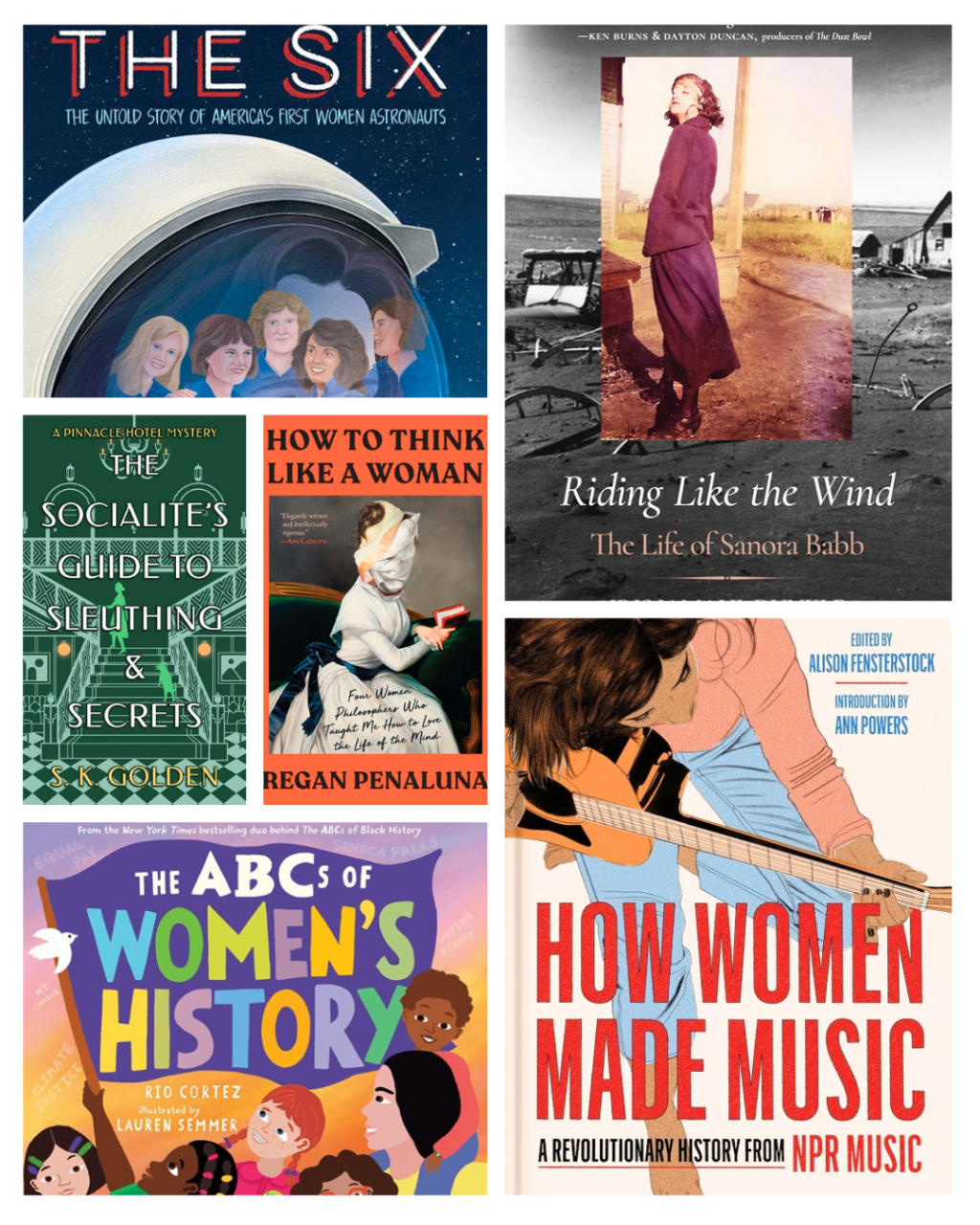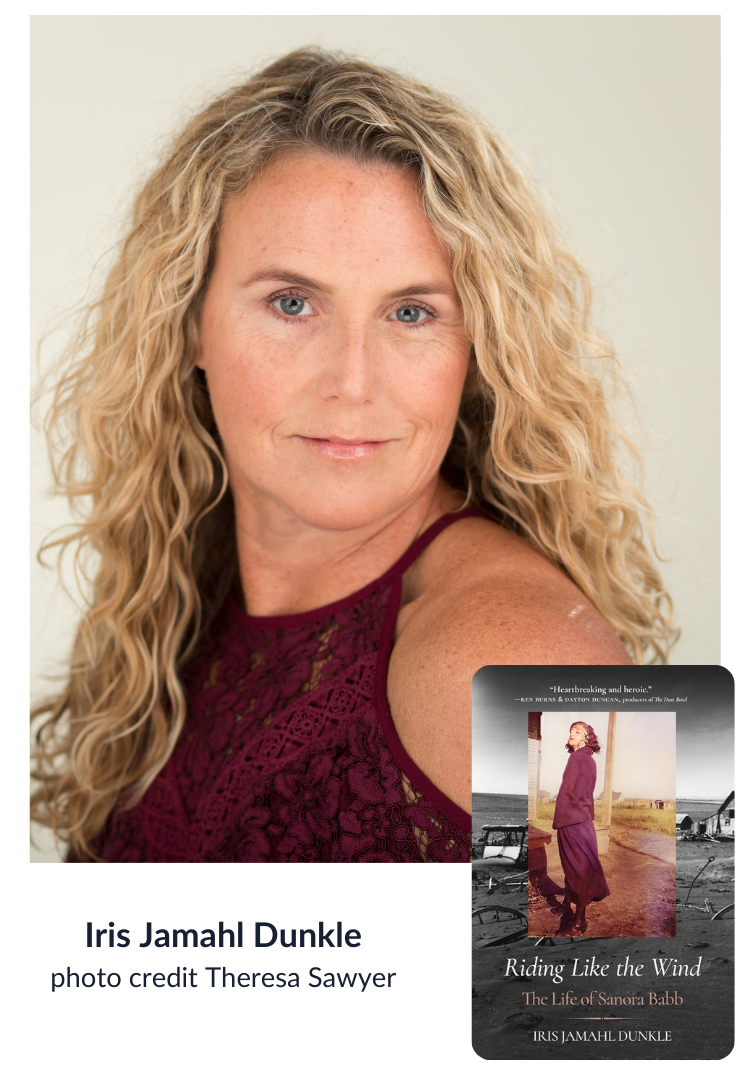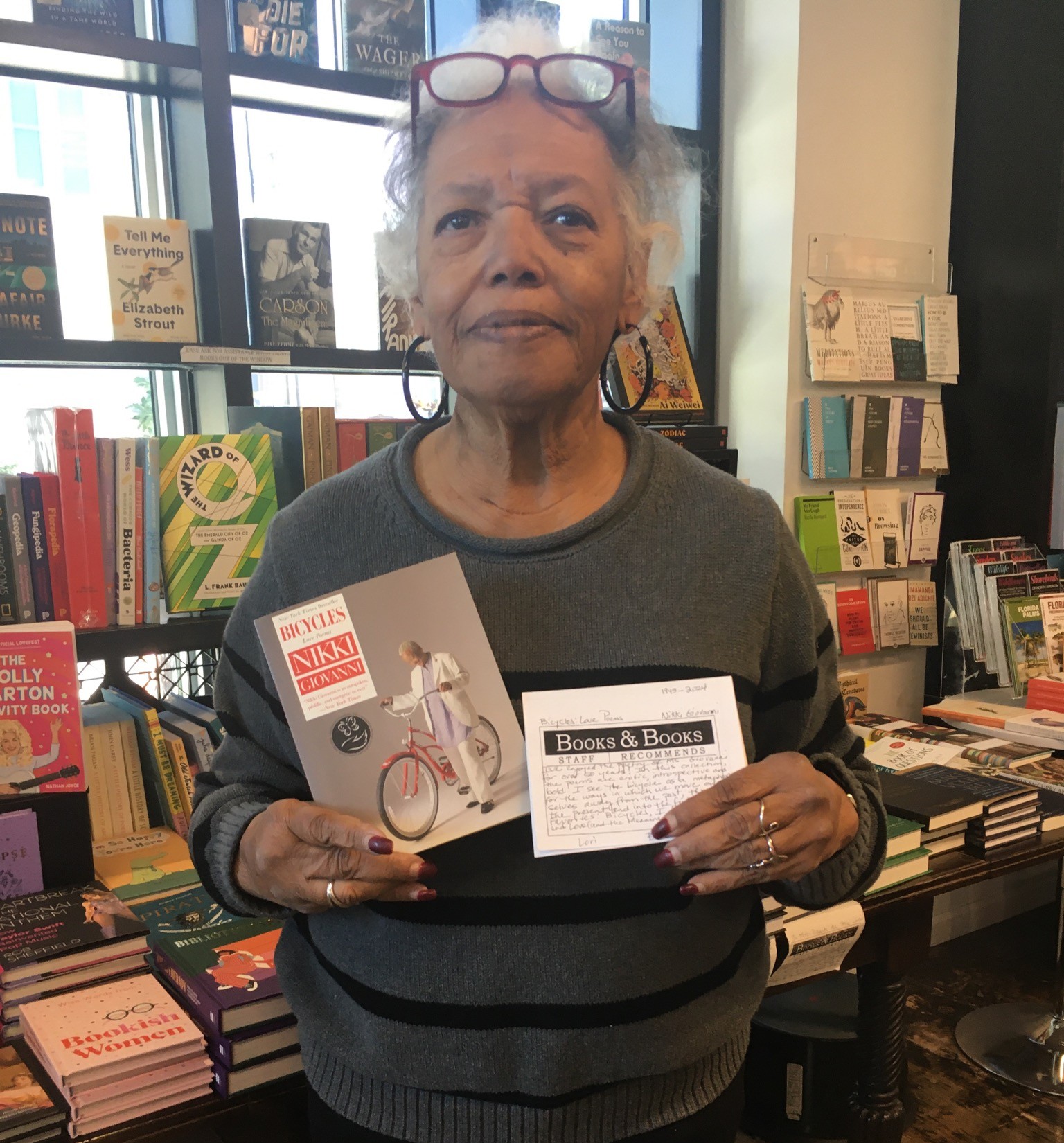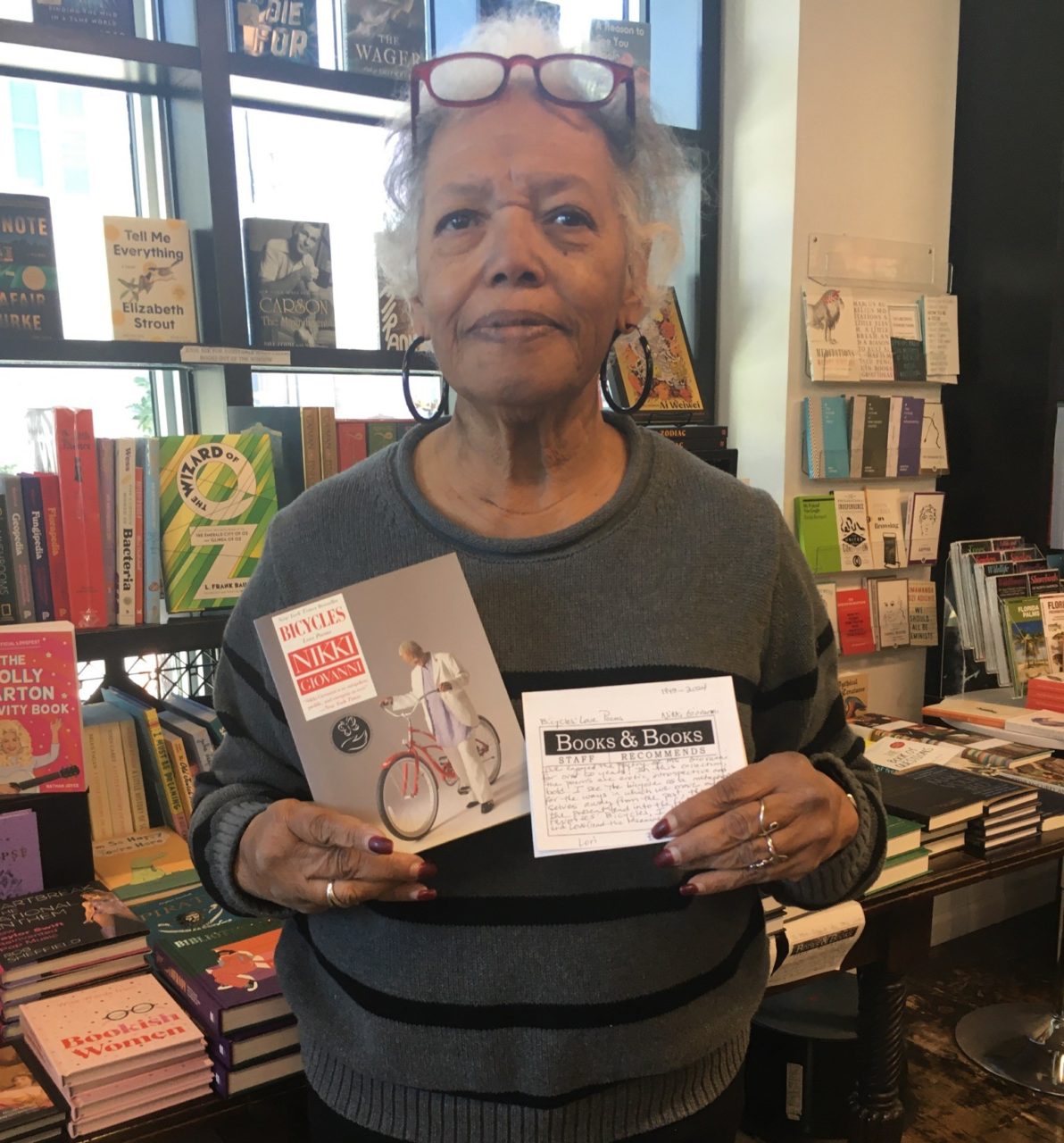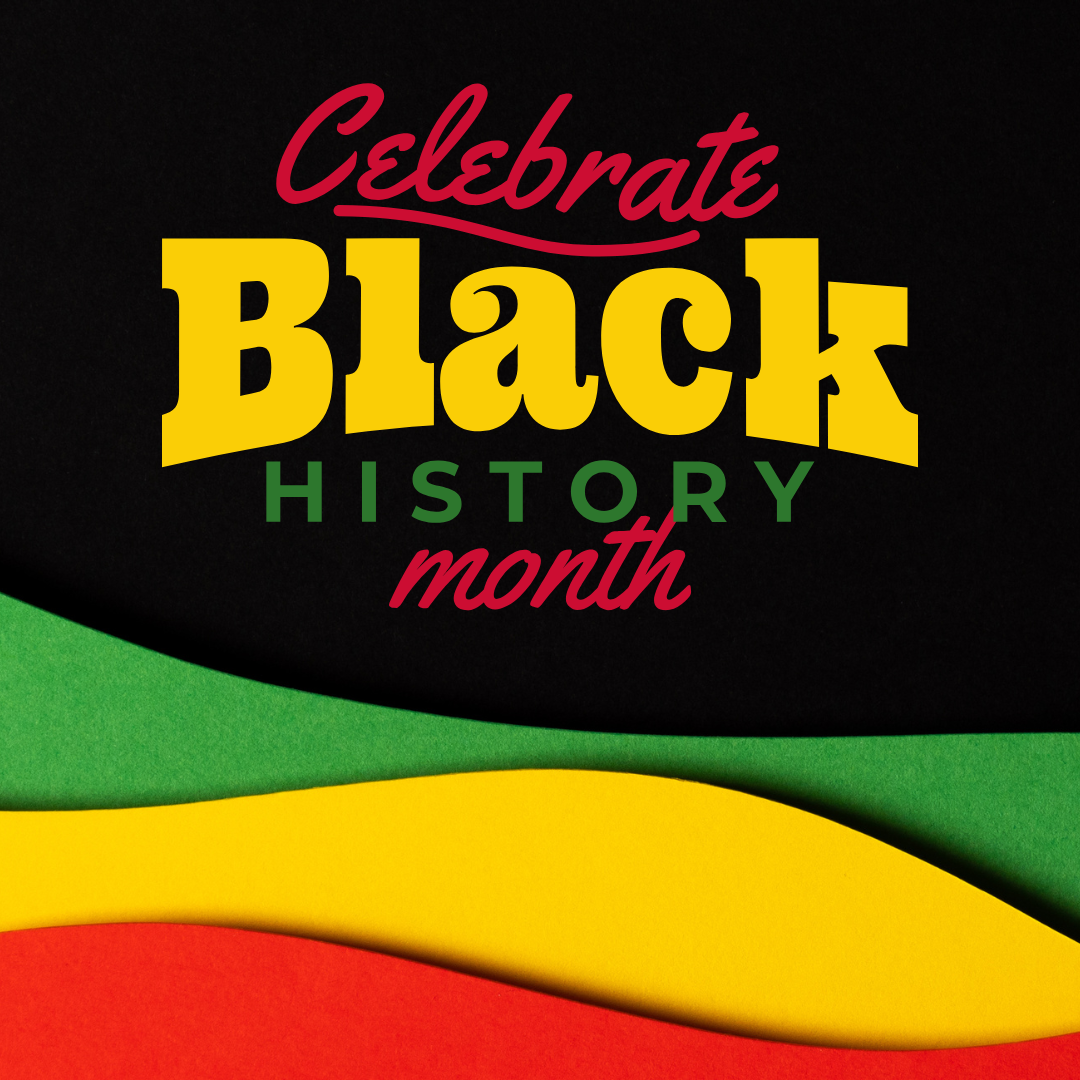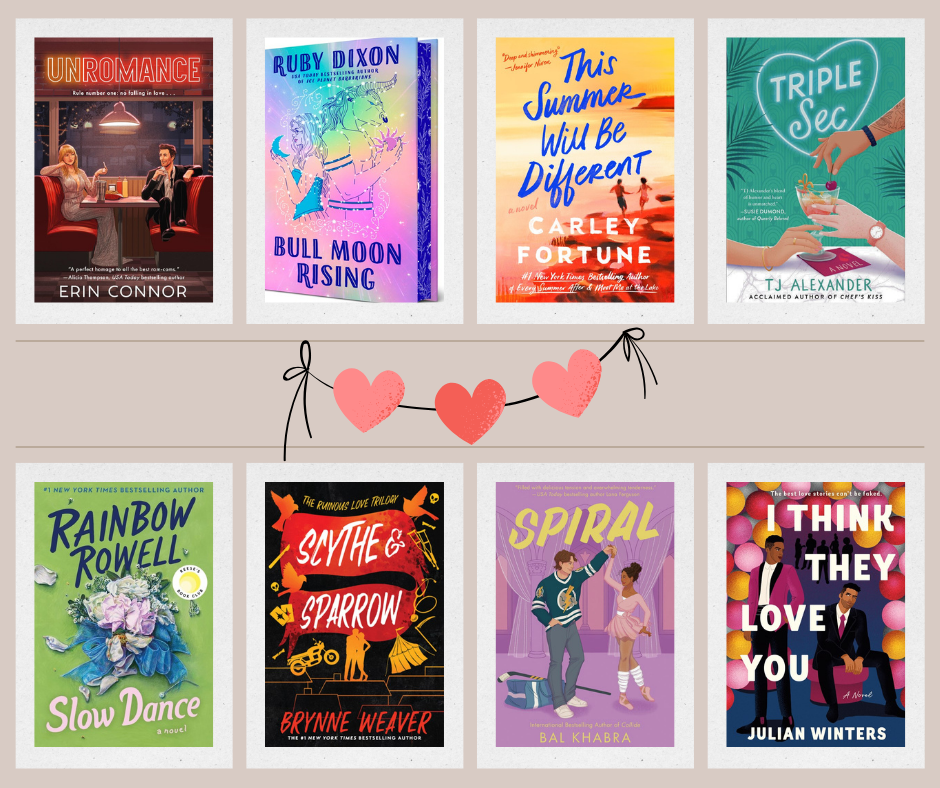April is Arab American Heritage Month, celebrating the contributions of Arab peoples to the history, traditions and cultures of the United States. Here are a few of the books we are reading and recommending:
The Dream Hotel by Laila Lalami
Sara has just landed at LAX, returning home from a conference abroad, when agents from the Risk Assessment Administration pull her aside and inform her that she will soon commit a crime. Using data from her dreams, the RAA’s algorithm has determined that she is at imminent risk of harming the person she loves most: her husband. For his safety, she must be kept under observation for twenty-one days.
The agents transfer Sara to a retention center, where she is held with other dreamers, all of them women trying to prove their innocence from different crimes. With every deviation from the strict and ever-shifting rules of the facility, their stay is extended. Months pass and Sara seems no closer to release. Then one day, a new resident arrives, disrupting the order of the facility and leading Sara on a collision course with the very companies that have deprived her of her freedom.
Eerie, urgent, and ceaselessly clear-eyed, The Dream Hotel artfully explores the seductive nature of technology, which puts us in shackles even as it makes our lives easier. Lalami asks how much of ourselves must remain private if we are to remain free, and whether even the most invasive forms of surveillance can ever capture who we really are.
Hijab Butch Blues by Lamya H
When fourteen-year-old Lamya H realizes she has a crush on her teacher—her female teacher—she covers up her attraction, an attraction she can’t yet name, by playing up her roles as overachiever and class clown. Born in South Asia, she moved to the Middle East at a young age and has spent years feeling out of place, like her own desires and dreams don’t matter, and it’s easier to hide in plain sight. To disappear. But one day in Quran class, she reads a passage about Maryam that changes everything: When Maryam learned that she was pregnant, she insisted no man had touched her. Could Maryam, uninterested in men, be . . . like Lamya?
From that moment on, Lamya makes sense of her struggles and triumphs by comparing her experiences with some of the most famous stories in the Quran. She juxtaposes her coming out with Musa liberating his people from the pharoah; asks if Allah, who is neither male nor female, might instead be nonbinary; and, drawing on the faith and hope Nuh needed to construct his ark, begins to build a life of her own—ultimately finding that the answer to her lifelong quest for community and belonging lies in owning her identity as a queer, devout Muslim immigrant.
This searingly intimate memoir in essays, spanning Lamya’s childhood to her arrival in the United States for college through early-adult life in New York City, tells a universal story of courage, trust, and love, celebrating what it means to be a seeker and an architect of one’s own life.
One Day, Everyone Will Have Always Been Against This by Omar El Akkad
On October 25, 2023, after just three weeks of the bombardment of Gaza, Omar El Akkad put out a tweet: “One day, when it’s safe, when there’s no personal downside to calling a thing what it is, when it’s too late to hold anyone accountable, everyone will have always been against this.” This tweet has been viewed more than 10 million times.
As an immigrant who came to the West, El Akkad believed that it promised freedom. A place of justice for all. But in the past twenty years, reporting on the War on Terror, Ferguson, climate change, Black Lives Matter protests, and more, and watching the unmitigated slaughter in Gaza, El Akkad has come to the conclusion that much of what the West promises is a lie. That there will always be entire groups of human beings it has never intended to treat as fully human—not just Arabs or Muslims or immigrants, but whoever falls outside the boundaries of privilege. One Day, Everyone Will Have Always Been Against This is a chronicle of that painful realization, a moral grappling with what it means, as a citizen of the U.S., as a father, to carve out some sense of possibility in a time of carnage.
This is El Akkad’s nonfiction debut, his most raw and vulnerable work to date, a heartsick breakup letter with the West. It is a brilliant articulation of the same breakup we are watching all over the United States, in family rooms, on college campuses, on city streets; the consequences of this rupture are just beginning. This book is for all the people who want something better than what the West has served up. This is the book for our time.
Arabiyya: Recipes from the Life of an Arab in Diaspora by Reem Assil
Arabiyya celebrates the alluring aromas and flavors of Arab food and the welcoming spirit with which they are shared. Written from her point of view as an Arab in diaspora, Reem takes readers on a journey through her Palestinian and Syrian roots, showing how her heritage has inspired her recipes for flatbreads, dips, snacks, platters to share, and more. With a section specializing in breads of the Arab bakery, plus recipes for favorites such as Salatet Fattoush, Falafel Mahshi, Mujaddarra, and Hummus Bil Awarma, Arabiyya showcases the origins and evolution of Arab cuisine and opens up a whole new world of flavor.
Alongside the tempting recipes, Reem shares stories of the power of Arab communities to turn hardship into brilliant, nourishing meals and any occasion into a celebratory feast. Reem then translates this spirit into her own work in California, creating restaurants that define hospitality at all levels. Yes, there are tender lamb dishes, piles of fresh breads, and perfectly cooked rice, but there is also food for thought about what it takes to create a more equitable society, where workers and people often at the margins are brought to the center. Reem’s glorious dishes draw in readers and customers, but it is her infectious warmth that keeps them at the table.
With gorgeous photography, original artwork, and transporting writing, Reem helps readers better understand the Arab diaspora and its global influence on food and culture. She then invites everyone to sit at a table where all are welcome.
Fencing with the King by Diana Abu-Jaber
A mesmerizing breakthrough novel of family myths and inheritances by the award-winning author of Crescent.
The King of Jordan is turning 60! How better to celebrate the occasion than with his favorite pastime—fencing—and with his favorite sparring partner, Gabriel Hamdan, who must be enticed back from America, where he lives with his wife and his daughter, Amani.
Amani, a divorced poet, jumps at the chance to accompany her father to his homeland for the King’s birthday. Her father’s past is a mystery to her—even more so since she found a poem on blue airmail paper slipped into one of his old Arabic books, written by his mother, a Palestinian refugee who arrived in Jordan during World War I. Her words hint at a long-kept family secret, carefully guarded by Uncle Hafez, an advisor to the King, who has quite personal reasons for inviting his brother to the birthday party. In a sibling rivalry that carries ancient echoes, the Hamdan brothers must face a reckoning, with themselves and with each other—one that almost costs Amani her life.
With sharp insight into modern politics and family dynamics, taboos around mental illness, and our inescapable relationship to the past, Fencing with the King asks how we contend with inheritance: familial and cultural, hidden and openly contested. Shot through with warmth and vitality, intelligence and spirit, it is absorbing and satisfying on every level, a wise and rare literary treat.
Eyeliner: A Cultural History by Zahra Hankir
From the distant past to the present, with fingers and felt-tipped pens, metallic powders and gel pots, humans have been drawn to lining their eyes. The aesthetic trademark of figures ranging from Nefertiti to Amy Winehouse, eyeliner is one of our most enduring cosmetic tools; ancient royals and Gen Z beauty influencers alike would attest to its uniquely transformative power. It is undeniably fun—yet it is also far from frivolous.
Seen through Zahra Hankir’s (kohl-lined) eyes, this ubiquitous but seldom-examined product becomes a portal to history, proof both of the stunning variety among cultures across time and space and of our shared humanity. Through intimate reporting and conversations—with nomads in Chad, geishas in Japan, dancers in India, drag queens in New York, and more—Eyeliner embraces the rich history and significance of its namesake, especially among communities of color. What emerges is an unexpectedly moving portrait of a tool that, in various corners of the globe, can signal religious devotion, attract potential partners, ward off evil forces, shield eyes from the sun, transform faces into fantasies, and communicate volumes without saying a word.
Delightful, surprising, and utterly absorbing, Eyeliner is a fascinating tour through streets, stages, and bedrooms around the world, and a thought-provoking reclamation of a key piece of our collective history.
Everything Comes Next: Collected and New Poems by Naomi Shihab Nye
Featuring new, never-before-published poems; an introduction by bestselling poet and author Edward Hirsch, as well as a foreword and writing tips by the poet; and stunning artwork by bestselling artist Rafael López, Everything Comes Next is essential for poetry readers, classroom teachers, and library collections.
Everything Comes Next is a treasure chest of Naomi Shihab Nye’s most beloved poems and features favorites such as “Famous” and “A Valentine for Ernest Mann” as well as widely shared pieces such as “Kindness” and “Gate A-4.” The book is an introduction to the poet’s work for new readers as well as a comprehensive edition for classroom and family sharing. Writing prompts and tips by the award-winning poet make this an outstanding choice for aspiring poets of all ages.
Plus, check out Libro.fm’s Arab American Heritage playlist and a list of Arab American narrators you may enjoy.
